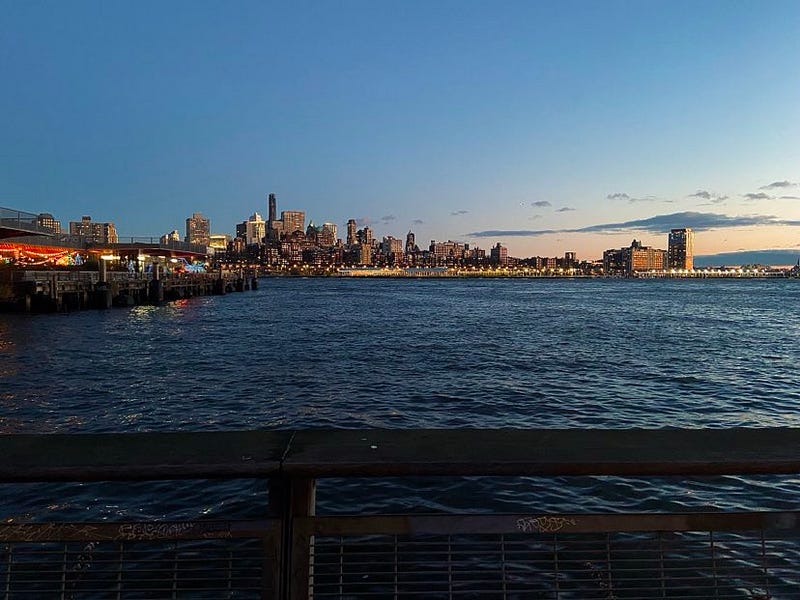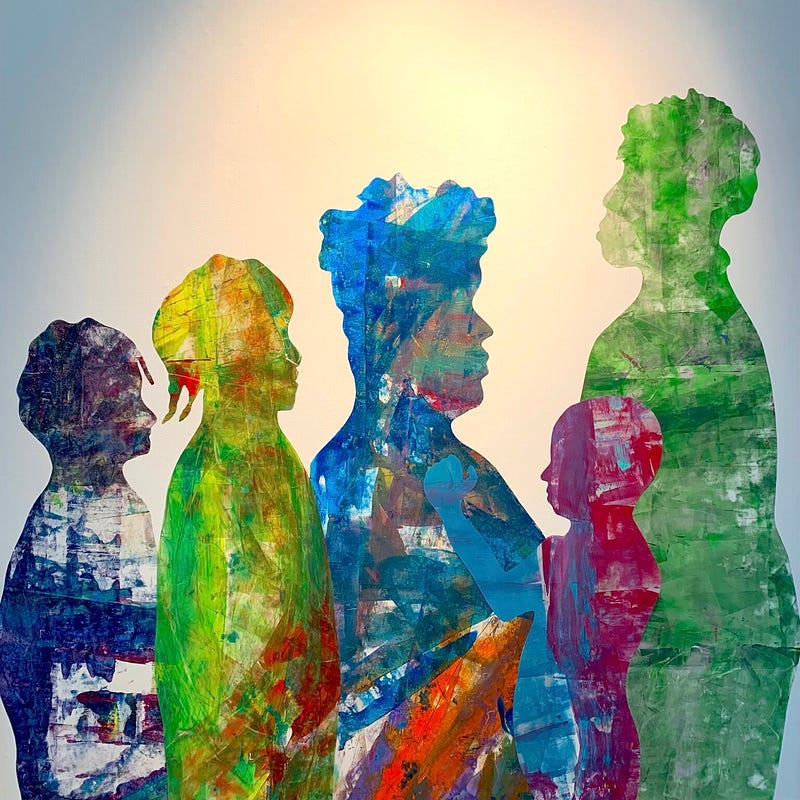Identity Bias: Navigating the Shelter and Cage of Self
Written on
Chapter 1: The Journey of Self-Discovery
As Henry Ford famously said, “Whether you think you can, or you think you can’t — you’re right.”
John strolled down Maiden Lane, his headphones snugly in place, just as they had been when he wandered through Exarchia in Athens, searched for a bar in Trastevere, or cycled along the paths of Wageningen. He even kept them dry on his return from the beach in Porto. Despite the familiar comfort of his headphones, John felt a sense of disconnection from his own identity. This unfamiliar feeling was not entirely negative; it marked his first overseas trip, a venture that filled him with anxiety due to his lack of reference points in the vibrant yet alien landscape of New York.
He made his way past Pearl St and Water St, with the Seaport coming into view. Stopping at the Starbucks corner, he ordered a Grande cold brew, knowing a long night awaited him. In this city, John opted for cold brew instead of his usual espresso, gradually growing accustomed to hearing himself speak English. He found that using a different language altered his thought processes slightly. Enjoying the soothing melodies of “Logical Song” by Supertramp, he settled on a bench, captivated by the Brooklyn skyline as it prepared to light up at dusk. In that moment, John recognized his potential to thrive in this city.

Photo by the author
Our perceptions shape our reality. Each day, we reinterpret both the world and ourselves using the experiences we’ve gathered. If we encounter a “souvenir” lacking a mental “file,” we either force it into familiar categories (like calling something yellow “greenie” to fit our understanding), ignore it, or, if fortunate, place it in an “others” folder until it overflows with miscellaneous items. When the “others” grow too numerous, frustration mounts, prompting us to forge a new understanding to escape our previous one. We navigate through a version of reality that fits within our cognitive framework. Ultimately, whether we believe our experiences stem from light or darkness, we are correct. Whether we think we can succeed or fail, we are right.
After all, everyone agrees that the sky is blue — yet it also isn’t.
Identity bias has become a significant concern for me, and those familiar with my writing will notice its recurring presence. I believe it is one of the last and most complex biases we face in our evolution. As the individuals I support find relief from their symptoms, a new challenge emerges: reconstructing their self-perception and lived experience, liberated from their past struggles. The narrative of self, the “I” story, requires rewriting; they must redefine who they wish to become, releasing the old scripts. However, whether experiencing symptoms or not, the question remains: “Can I transcend what I’ve been told, what I’ve grown accustomed to, what I believe I am?” The answer is not straightforward.
John softly pondered:
“..There are times when all the world’s asleep
The questions run too deep
For such a simple man
Won’t you please, please tell me what we’ve learned?
I know it sounds absurd
Please tell me who I am,”
as he savored the final sips of his cold brew, embracing the present moment by the seaport.
The view from Pier 17 was breathtaking.
Chapter 2: Reflections on Identity Bias
I invite you to share your thoughts on the concept of identity bias. Your engagement with my reflections is greatly appreciated, and I would love to hear how they resonate with you.
Warm regards,
C K

This video, titled "Think. Speak. Do. Defining Isms and Cage of Oppression," delves into the complexities of identity and the frameworks that constrain us. It challenges us to reflect on how our narratives shape our understanding of self and society.